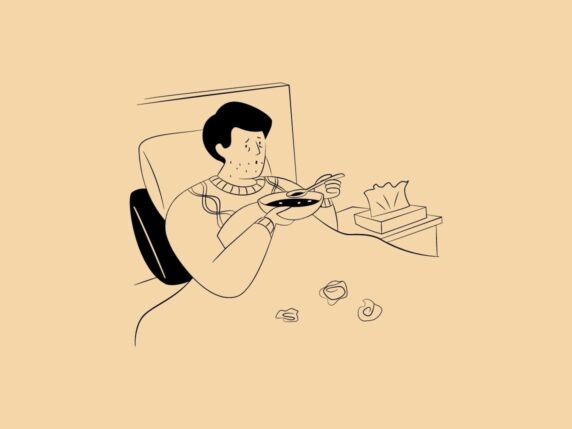Ocado and Next have become the latest companies to cut sick pay for unvaccinated staff who must self-isolate because of Covid exposure.
According to reports, the retailers’ decision came after Ikea announced they were making similar moves to cope with rising staff absences. This means unvaccinated workers who are required to isolate could now receive as little as £96.35 a week, the Statutory Sick Pay minimum, unless there are mitigating circumstances.
And there is now a growing belief that other businesses might follow the lead of these three high-profile companies and adopt identical policies within their employment structures.
Our senior employment law solicitor Sean Walsh says this move is not without its risk:
There is no doubt this is a controversial and emotive area. Although it is challenging in identifying employment-related claims with any merit for those employees adversely affected by this, it is not without some risk for their employers. For example, currently we have a situation where a minority of employers are cutting company sick pay for unvaccinated employees who must self isolate, however the government is not cutting statutory sick pay for those same employees.
'Employers who cut company sick pay in this way will need to have a justifiable reason for doing so and should clearly communicate this to its staff. This is important to try and ensure, as far as possible, that any implementation of such a policy does not cause additional disruption amongst its workforce. Employers who introduce this policy are likely to face resistance from those adversely affected. Therefore some form of engagement with staff, for example consultation directly or through employee representatives and an open door policy for staff members adversely affected or concerned, may well alleviate resistance and any disruption.'
'Only time will tell us if other employers will follow. Big retailers including UK supermarkets haven’t so far and this may well depend on absences rates among unvaccinated employees that have to self isolate. Employers will be looking to see if they continue at current rates or start to drop and to judge what impact this is having on their business. Although too early to tell, the signs are the COVID cases are starting to plateau in some areas but continue to increase in others and it still takes a certain period of time for this to have an impact on absences.'







